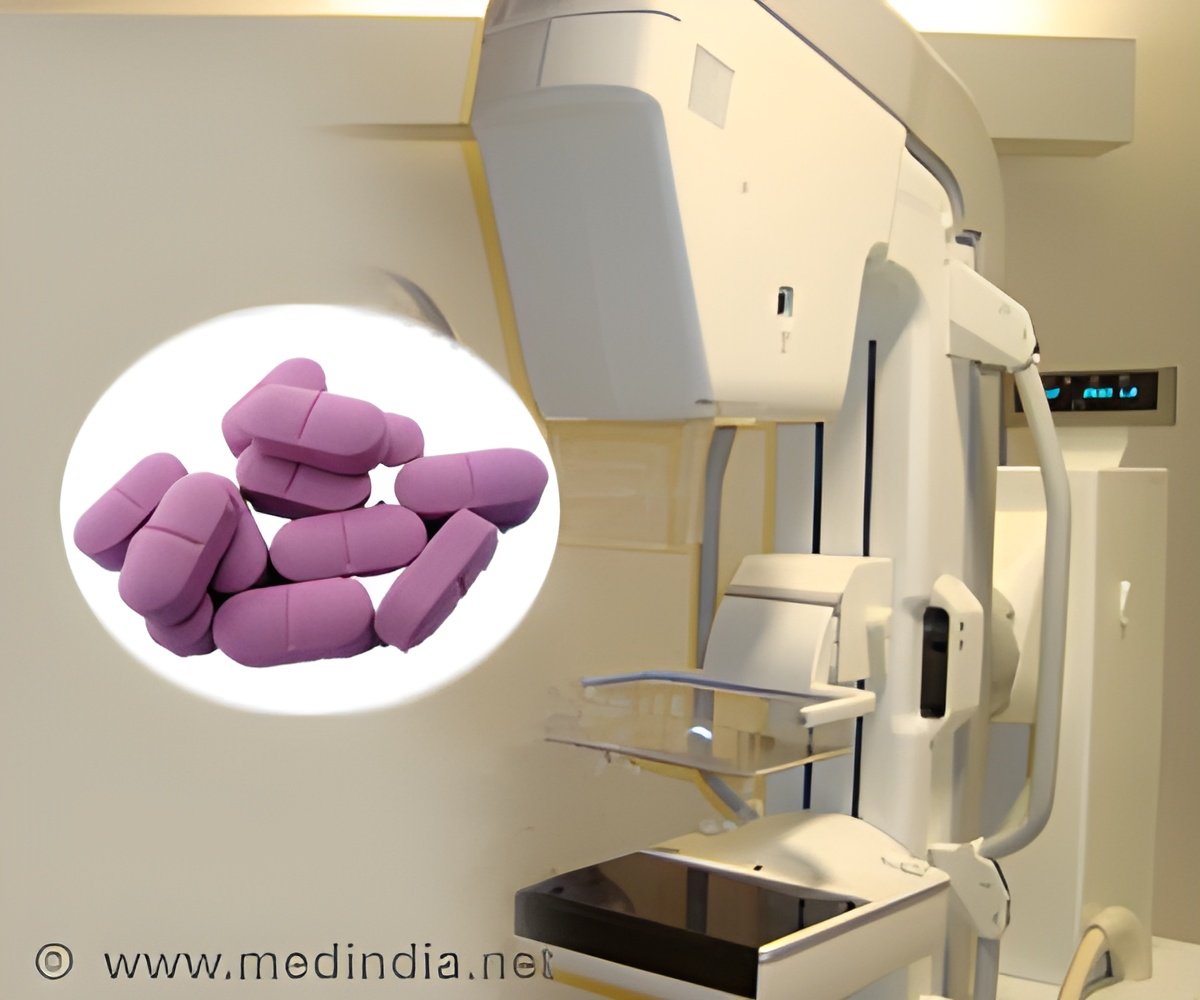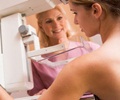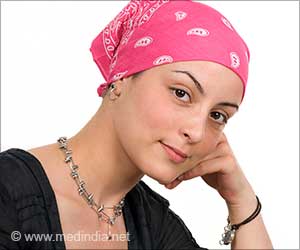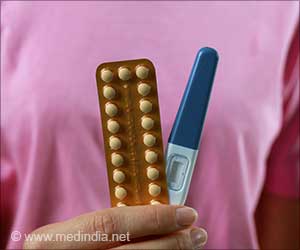Experts suggest that getting regular mammograms at the age of 40 can help women prevent breast cancer.

‘40 might be the golden age to start getting routine mammograms to avoid breast cancer. #mammograms’





Advertisement
Age for Mammograms Decreases From 50 Years to 40 Years
This comes after the US Preventive Services Task Force (USPSTF) stated in its draft proposal that women begin screening for breast cancer at the age of 40 rather than 50, as previously advised (1✔ ✔Trusted SourceBreast Cancer: Screening
Go to source) Breast cancer is the most common type of cancer affecting women worldwide. According to the World Health Organization, over 20 lakh females were diagnosed with breast cancer in 2020, with over 6 lakh lives lost (2✔ ✔Trusted Source
Introduction about Breast cancer
Go to source).
In India, breast cancer is the leading cause of cancer in women.
In 2020, more than two lakh women in India were estimated to have been diagnosed with breast cancer, and more than 76,000 deaths were reported as per the estimates, according to the National Cancer Registry Programme report by the National Centre for Disease Informatics and Research.
As per the report, the number is expected to rise to more than 2.3 lakh cases in 2025.
Advertisement
Early Screening is Key when it Comes to Breast cancer
Doctors suggest that early detection is key, and can accelerate diagnosis and treatments. If detected timely in most cases breast cancer can also be cured."Regular screening plays a pivotal role in identifying breast cancer. Breast cancer screening serves as an effective means of detecting it at early stages, increasing the likelihood of successful treatment. It also enhances the prospects of survival significantly," Dr. Bhavisha Ghugare, Consultant - Surgical Oncology, Breast Oncosurgeon, HCG Hospitals, Mumbai, told IANS.
"We have started seeing more young women with breast cancer and many of them come to us at later stages. So Indian women should start annual breast cancer screening with mammograms from the age of 40 years," Dr. Ghugare said.
Breast screening tests include a range of methods like mammography, ultrasonography, magnetic resonance imaging (MRI), and digital breast tomosynthesis (DBT).
Advertisement
Mammograms are Gold Standard to Detect Breast cancer
However, mammograms -- an x-ray imaging method -- remain the most effective method of early breast cancer detection, and the benefits outweigh the risk of radiation. Used both as a diagnostic and screening tool, it exposes women to a very tiny amount of radiation -- about 0.4msv.Timing of screening depends upon the breast cancer risk of the individual, Dr. Uma Dangi, Consultant Medical Oncology, Fortis Hospital, Mulund - Mumbai, told IANS.
"In patients with strong family history, genetic testing is recommended. If a high-risk mutation is found e.g. BRCA, screening with mammography or MRI should start as early as the age of 25 years. But for average-risk females, screening with mammography should start by the age of 40 to 45 years, every 1-2 years," Dr Dangi said.
She explained that compared to the West, breast cancer incidence is more common in younger age groups in India.
"We should develop our screening guidelines based on the pattern of incidence and availability of resources. Screening strategy should largely be risk-based rather than just based on age and gender. This will not only bring down the cost but also identify populations at high risk," Dr. Dangi said.
Self Examining your Breasts Should Start From 20 Years Old
Further, the doctors suggested that breast awareness should begin by the age of 20 years. Women should be educated about self-breast examination, early signs, and symptoms. This will lead to early detection and better outcomes.The symptoms include a new lump in the breast or underarm (armpit), thickening or swelling of part of the breast, irritation or dimpling of breast skin, redness or flaky skin in the nipple area or the breast, pulling in of the nipple or pain in the nipple area.
References:
- Breast Cancer: Screening - (https://www.uspreventiveservicestaskforce.org/uspstf/draft-recommendation/breast-cancer-screening-adults)
- Introduction about Breast cancer - (https://www.who.int/news-room/fact-sheets/detail/breast-cancer)
Source-IANS












